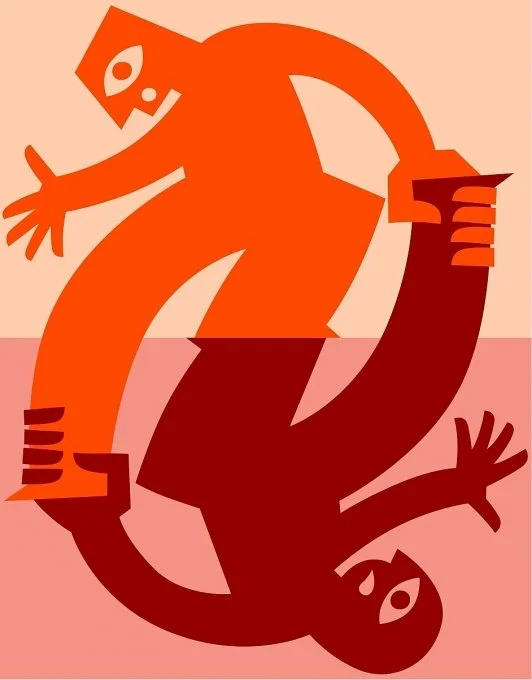Excess always begets scarcity and vice versa. The obvious illustration is the disappearance of some product, say, gas canisters, when all the city residents suddenly became alarmed that winter is near, and the electricity is now and now not available. A couple of weeks later there will be plenty of canisters again, but in the meantime some people have half a year’s supply in their pantries, and others will have to drink cold tea for a while in anxiety: “What if there are never new supplies?” As COVID has shown, a broken supply chain can oscillate between an empty shelf and a busted one for a long time, generating pointless costs for companies and suffering for people.
Sometimes, however, the connection of one to the other is difficult to see, for the choking of scarcity occurs in one place, and the coughing up of excess in another. For example, if a parent gave preference to one of his children in everything, while devaluing the achievements of the other, even years later, when he is an adult and has his own family, such a person will probably relentlessly seek ways to compensate for the lack of parental appreciation and love. But unlike the goods in the supermarket, there seems to be nothing in the world that can take away the phantom pain of the soul. So any professional achievement, the respect of competitors, or the admiration of fans falls into the abyss, causing one to yearn for something else again.
So I have a rule - when I see a strange excess of anything, I immediately ask myself: “What is the scarcity behind it?” And this is true not only of individuals, but also of companies, social movements, and even, I would venture to guess, states. But macro processes are beyond my expertise, so I leave you the pleasure of pondering this thought.
In business, the negative effects of such supercompensation are often observed, because any company is a reflection of the personality of the owner. And as we know, there are no perfect people. Until the founder realizes what his own disadvantage he is trying to make up for with a plus, the efficiency of his company will be far from 100%. But if he manages to see his Achilles’ heel and turn it to his advantage, then the team hears: “Fasten your seat belts. We’re taking off.”
Sincerely yours,
-Alexander
You can help Ukraine defend itself and the World from Russian aggression here.
”Who are you and what do you do?"
As a business therapist, I help tech founders quickly solve dilemmas at the intersection of business and personality, and boost company value as a result.
"I have an extremely important business decision to make. Can you help me?
Reserve a time on my calendar that is convenient for you to meet with me. We'll clarify your request and discuss options for how you can help.


